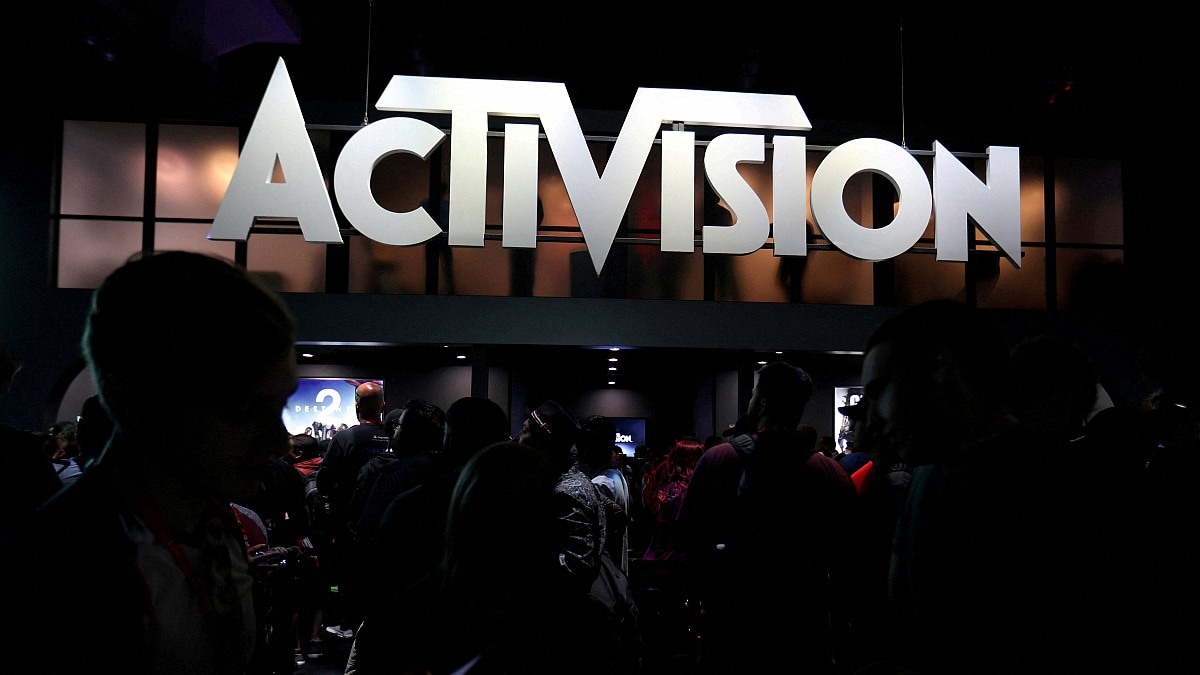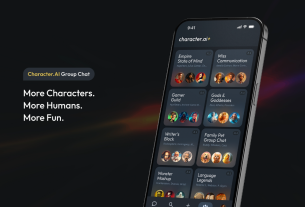EU antitrust regulators are asking games developers whether Microsoft will be incentivised to block rivals’ access to Call of Duty maker Activision Blizzard’s best-selling games, according to an EU document seen by Reuters. EU antitrust regulators are due to make a preliminary decision by November 8 on whether to clear Microsoft’s proposed $69 billion (roughly Rs. 5,67,600 crore) acquisition of Activision.
The EU competition enforcer also asked if Activision’s trove of user data would give the US software giant a competitive advantage in the development, publishing and distribution of computer and console games, the EU document shows.
The planned acquisition, the biggest in the gaming industry, will help Microsoft better compete with leaders Tencent and Sony.
After its decision next month, the European Commission is expected to open a four-month long investigation, underscoring regulatory concerns about Big Tech acquisitions.
Games developers, publishers and distributors were asked whether the deal would affect their bargaining power regarding the terms for selling console and PC games via Microsoft’s Xbox and its cloud game streaming service Game Pass.
Regulators also wanted to know if there would be sufficient alternative suppliers in the market following the deal and also in the event Microsoft decides to make Activision’s games exclusively available on its Xbox, its Games Pass and its cloud game streaming services.
They asked if such exclusivity clauses would reinforce Microsoft’s Windows operating system versus rivals, and whether the addition of Activision to its PC operating system, cloud computing services and game-related software tools gives it an advantage in the video gaming industry.
They asked how important the Call of Duty franchise is for distributors of console games, third-party multi-game subscription services on computers and providers of cloud game streaming services.
The questionnaire, with about 100 questions, asked which of the rivals such as Nvidia’s GeForce Now, Sony’s PlayStation, Google Stadia, Amazon Luna and Facebook Gaming could be considered the most attractive following the deal.
Respondents have until October 10 to reply.
© Thomson Reuters 2022

